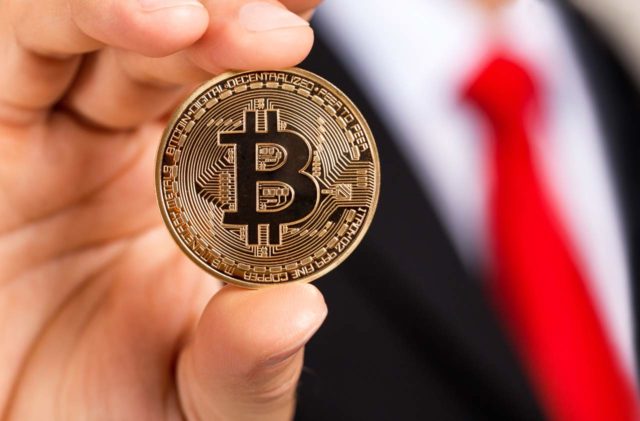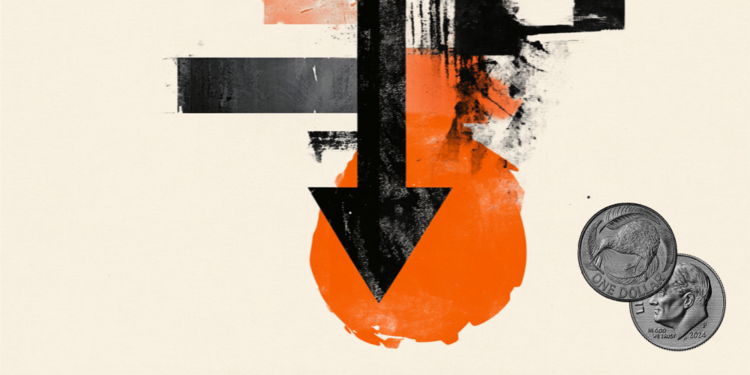THE minimum wage 2022 was defined by the federal government at R $ 1,212.
The value is 10.18% higher than that of 2021, of R$ 1,100, an increase practically in line with the advance of the INPC (National Consumer Price Index), used to set the floor annually.
When wages rise at the same level as inflation, there is only a replacement of the purchasing power lost with rising prices, but without real growth in this power.
The last time the minimum wage had a real gain was in early 2019, the first year of President Jair Bolsonaro’s term, after three years without increases above inflation. In the years that followed, the floor was readjusted again just to restore the high prices.
Even if it were to have bigger readjustments, however, the movement would contribute less to inequality in the country than other measures, such as improving education and professional qualification, which would increase the productivity of the Brazilian economy, defend economists heard by the CNN Brasil Business.
For them, the government chose not to give a bigger increase due to two main factors: the economic crisis, which prevents the necessary growth to cover higher salaries, and public spending, which would rise, following the remuneration.
Minimum wage function
The minimum wage was introduced in Brazil in 1930. At the time, the idea was that it represented the minimum amount necessary for a worker to pay basic expenses for the survival of a family.
Juliana Inhasz, a professor at Insper, says that the minimum wage has, today, the function of “giving a basis for comparison to understand how much people should receive, a reference for payment”.
As a result, it has become much more a unit of measurement, or reference value, than necessarily a remuneration value. Several government social benefits, such as pensions, are defined following the minimum wage, for example.
In practice, Inhasz assesses that the minimum wage does not correspond in most cases to the minimum amount that the worker receives due to collective bargaining between categories of workers and employers. With this, they are able to define their own remuneration floors.
André Braz, coordinator of the Ibre-FGV price indices, states that the minimum wage has become important for the quantification of public policies by the government.
For workers, he says the measure serves more as a “guideline”, but actual pay amounts will vary depending on the context of each profession and also regions. In large urban centers, for example, the amount is usually not enough to cover all expenses.
The value of the floor is far from what is necessary to meet the basic needs of a Brazilian family.
To give you an idea, the amount needed to cover the expenses of a house where four people live would be R$ 5,800, according to calculations by Dieese (Inter-Union Department of Statistics and Socioeconomic Studies), which considers basic expenses with food, housing, health, education, clothing, hygiene, transport, leisure and social security.
Are gym and pharmacy discounts mandatory?
Almost there. Keep following the news about labor rights on CNN Brasil Business
Very good! It took little to settle everything about their labor rights
Congratulations! You know all about your labor rights. Keep following the news on CNN Brasil Business
Between 2011 and 2019, the floors were calculated from the increase in the INPC plus the change in Gross Domestic Product (GDP) from two years earlier. Created by the Lula government, this rule became law in 2012, during the Dilma government, but expired in 2019.
As a pandemic, the tendency was to correct the value only by inflation, with the INPC of reference.
Also calculated by the Brazilian Institute of Geography and Statistics (IBGE), the indicator verifies the variation in the average cost of living only for families with a monthly income of 1 to 5 minimum wages. The Broad Consumer Price Index (HICP), the country’s official inflation, takes into account the range of 1 and 40 times the minimum wage.
Minimum wage increase
For Inhasz, the current situation of the Brazilian economy has only allowed an increase in the minimum wage, readjusting inflation, with little gain, because the intention linked to remuneration is to maintain purchasing power, not necessarily to expand it.
“The real increases occur for those who are active, the real salary gain occurs through increased productivity. Does not make sense [que o salário mínimo] that has won, the government that has to have an economic policy that leaves the economy healthy and allows productivity growth”, he says.
The increase, however, always takes into account an average loss of purchasing power of the population. “Inflation was 10%, it doesn’t mean it lost only 10% of its purchasing power, it may have lost more. Many people will have the perception that, even with the readjustment, the salary is shorter, because the baskets of goods purchased are different”, says the teacher.
Among these groups, she cites the retirees and pensioners, whose payments follow the minimum wage. “Retirees mainly have a more expensive basket, with medicines that are generally imported, so they suffer a greater real loss. It’s not enough to keep up.”
Braz, on the other hand, states that, despite inflation being the “termite of money”, the perception of loss of purchasing power varies according to the consumption basket of each family.
“What sometimes happens is that, as the basket of those who earn less is restricted, composed almost entirely of food, the feeling of well-being is greater when the high gains from food inflation”, he says.
In this sense, the researcher assesses that, as food inflation was below general inflation, the increase in the minimum wage may provide “some comfort”, but not enough, since in 2020 the situation was the opposite. In the end, “no one got better”.
Causes for the increase
Inhasz considers that the main reason behind the government’s decision was the concern with public spending.
If the minimum wage rose more, it would be necessary to have more money set aside via the budget to pay a series of social benefits, in a scenario of seven consecutive years of deficit in public accounts, that is, with the government spending more than it collects.
“Either it needs to collect more, or it will have to increase the public debt to pay for it, and today the government cannot do either of those things, there is no way to increase taxes today”, says the professor.
It is worth mentioning that, not even with the increase in revenue, the government could opt for a greater increase in the floor, since the Fiscal Responsibility Law prevents expenditures from exceeding the limit of the established ceiling.
The expert also says that, in election year, the government would be interested in giving a real increase, as in other governments, due to the popularity of the measure, but, in this scenario, the government “is tied up”.
Another factor, according to André Braz, is Brazil’s precarious economic situation, which makes a real increase in the minimum wage “complicated”.
“The production structure is recovering, and a higher salary means a higher cost. A larger increase could harm employment, or encourage informality”, he says, since employers might not be able to afford higher costs.
In this way, a real increase in the minimum wage would only be possible if there was a more consistent GDP growth at higher levels, allowing sectors to support the rise, which is not the case today.
Alternatives
Juliana Inhasz’s assessment is that a rise in the minimum wage much higher than inflation is not the best alternative to lead to a real gain in the population’s purchasing power. The big risk with the real increase, in the current scenario, is to drive inflation further, with people spending more.
Braz states that “it could be inflationary pressure. If it receives a bigger increase, it transforms into consumption, difficult to transform into savings, because it is in a big restriction level, so you want to reduce it. Income becomes consumption, and would sustain inflation.”
For him, the most efficient way to improve living conditions and reduce inequality is to invest in education and improve the qualification of the population. “Education increases productivity and allows a person to sustain themselves in higher-paying positions. It is greater productivity for the economy, generates greater GDP, and enables greater gains”.
The need to establish policies to increase productivity in the Brazilian economy is also considered important by the Insper professor. The measures involve “increasing the quality and level of education, better salary policies for teachers and improving the qualification of those already in the market, encouraging companies to qualify their employees”.
“They are long-term measures, but they need to be done now to have an effect, otherwise we are left in a vicious cycle of low growth with low income. It needs a trigger, a first step”, he says.
Reference: CNN Brasil
I am Sophia william, author of World Stock Market. I have a degree in journalism from the University of Missouri and I have worked as a reporter for several news websites. I have a passion for writing and informing people about the latest news and events happening in the world. I strive to be accurate and unbiased in my reporting, and I hope to provide readers with valuable information that they can use to make informed decisions.







